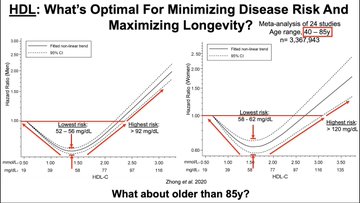From my understanding, beyond addressing nutritional deficiency and lifestyle modification with potentially PCSK9 inhibition etc early to avoid pre-atherosclerosis/early stage - there are no AFAIK proven ways to “reverse” CAC over a population once atherosclerosis has passed a certain point to a later stage. I am aware of a few genetic targets that may reverse late stage. There is a lot of BS and magical thinking out there even by some professionals (not in this forum so far it seems) when it comes to certain ideologies - so I have been wary.
In fact, I was under the impression larger pools of evidence suggest statins may increase CAC:
“The findings of recent studies with larger sample sizes also suggest that statins promote vascular calcification. Henein et al. reported an annual CAC score increase of 30% at the age of 50 and 21.5% at the age of 70 by statin therapy. These findings were consistent with our present results”
https://www.nature.com/articles/s41514-018-0026-2
That’s partly why I started relatively lower doses of rapamycin as early as I’m comfortable doing after looking at the data and I’ve always eaten a nutritionally complete diet with lifestyle modifications and as many potential natural PCSK9 inhibitors as I can that I am comfortable taking in sufficient amounts that theoretically have a shot at the target. Figured throwing a bunch of darts might hit the target enough to do something. I am also waiting to sign up for oral PCSK9 inhibitors to hit phase 2 personally.
Heart disease is a top 5 killer in the 30s, especially among men. You can still get a regular heart attack and atherosclerosis without HCM, infections (ie COVID), or any weird heart stuff as a literal master athlete with decent diet.
But I have always had full lifestyle modification down by learning from Okinawan centenarian men who seem to have no ED with low rates of heart attack (>80% less!)
